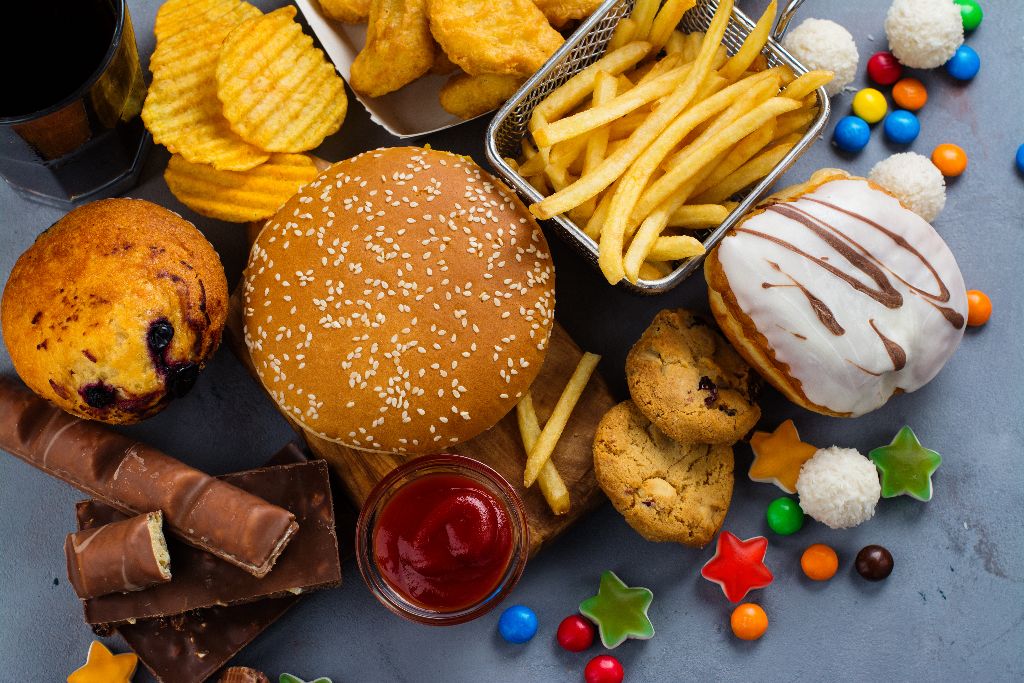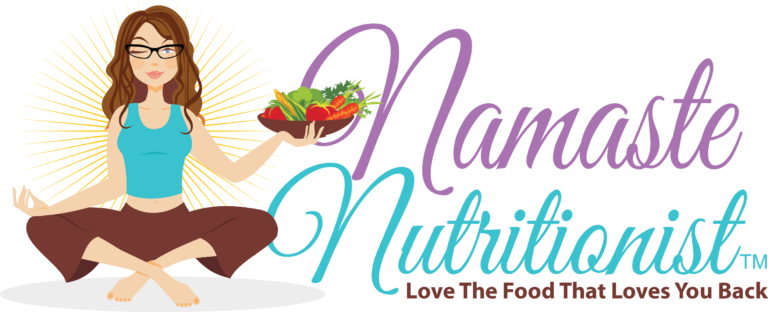There are a lot of ways in which we don’t feel well.
We are tired, constipated (or the opposite), bloated, anxious, and can’t think clearly. To make matters worse, there doesn’t seem to be anything we can do. So, we put up with feeling unwell.
You don’t have to just learn to live with uncomfortable symptoms.
You can find the underlying cause of the symptoms and resolve them at the root. Learn the life changing approach to master digestive health. This is what conventional doctors won’t tell you or don’t know.
Introducing Functional Medicine
Dr. Jeffery Bland is considered the father of functional medicine. Functional medicine and functional nutrition are based on the most current research. These focus on addressing the root cause of a problem, not just muffling the symptoms. Dr. Bland brilliantly developed a general protocol for healing the gut—it applies to a myriad of health conditions that can be traced back to the gut. He named it the “4R” protocol. Each “R” represents a key part of the treatment: Remove, Replace, Repair, and Re-inoculate. In later years, other functional medicine practitioners added a 5th R: Relax.
The 5-R Protocol:
- Remove: Removing the foods and microbes that compromise the gut, causing microbiome imbalance, and inflammation.
- Replace: Providing an optimal environment for proper digestion. Stomach acid and enzymes need to be replaced in order to properly digest food and heal.
- Repair: Repairing the lining of the intestine to heal leaky gut.
- Re-inoculate: Introducing beneficial microbes into the microbiome.
- Relax: Reducing and minimizing stress in your life, in your body, and in your gut.
Let’s take a peak at the REMOVE part:
What needs to be removed can be divided into three parts. These three things are what you need to remove in order to get well:
- Remove Foods that irritate and damage your gut—removing all the foods that interfere with a healthy microbial balance, injure the intestinal wall, and compromise gut health in any way.
- Remove Foods that cause a reaction for you—food sensitivities and food intolerances that fuel inflammation and damage the lining of the intestinal wall.
- Remove unhealthy microbes—to eliminate dysbiosis.
Remove foods that irritate or damage the gut
The following list of foods and substances are known to damage the gut. They promote inflammation or irritation in everyone. They have the potential to cause or worsen leaky gut and to feed the bad microbes that live in your microbiome. Therefore, you want to avoid them as much as possible. This will aid you in your healing instead of sabotaging your efforts.
- NSAIDs (aspirin, ibuprofen)
- Alcohol
- Caffeine
- Added sugar and sugary foods (see below)
- Processed refined starches (breads, pasta, crackers, cereal, boxed or packaged foods)
- Processed vegetable oils (corn, soybean) and trans fats
- Additives and preservatives (found in packaged processed food)
- Artificial sweeteners (aspartame, sucralose, sugar alcohols, all found in “sugar free” products)
“How will I live without my wine?”
This is a tough one for some people. There is simply no getting around it: alcohol is bad for the gut, it is bad for anxiety, it is bad for fatigue, and it is bad for your body. I recommend that you take a careful look at your symptoms, and how they are affecting your life. Then consider your body, everything it does for you, and all the stress that it endures. Treat your body right and do your best to reduce alcohol intake.
“Don’t make me give up coffee!!”
Unlike alcohol, which compromises everyone’s gut health, caffeine seems to be more tolerable for some people than others. If giving up coffee is a deal breaker for you, then keep it in your diet. Put your efforts into finding other changes that are more realistic for you.
“I never add sugar to food or drink anyways.”
There are many foods that most people don’t realize contain sugar. Besides obvious foods, such as candy, sugar is added to tons of products and foods. Here is an incomplete list:
- soda, fruit juice drinks, lemonade, sweetened tea
- baked goods, cookies, muffins, pancakes, bread (yes, bread)
- desserts, cake, ice cream, pies
- flavored yogurt
- flavored oatmeal packets
- granola bars
- sauces, tomato sauce, marinades
- canned fruit
- condiments, relish, ketchup, mayonnaise
- salad dressing
- flavored specialty coffee drinks
If you replace all the processed food in your diet with real whole foods, you also will be avoiding the added sugar that is in these products. However, if you do still eat some packaged and processed foods, “added sugar” is listed under total carbohydrates on the Nutrition Facts label. This will allow you to identify how much sugar is added to your food. The goal is to reduce your added sugar as much as possible.
So that’s the first part of the ‘remove’ step. This is a huge aspect of feeling better-just eliminating these unhealthful foods. If you want to learn about the rest of the parts of ‘remove’ and the other ‘R’s, there is a book for you!
This article is an excerpt from the eBook: Health Takes Guts®: Your Comprehensive Guide to Eliminating Digestive Issues, Anxiety, and Fatigue. Dianne Rishikof, MS, RDN, LDN, IFNCP has spent years helping hundreds of clients as a functional nutritionist and gut health expert. Now, she has compiled her successful treatment methods into this book. It offers you the key to feeling better by fixing your problem at its root. Learn the truth behind why you feel lousy and how to fix it, for good. Check out the book here!
About the author:
Dianne Rishikof, MS, RDN, LDN, IFNCP, is a holistic registered dietitian and licensed nutritionist for people who are desperate to get rid of the pain, discomfort, or unwanted symptoms in their body, but just don’t know how. Their issues may be in the gut (IBS, IBD, gluten sensitivity), the brain (ADHD/ADD, anxiety, depression, Alzheimer’s prevention) or somewhere else (fatigue, inflammation, joint pain, high cholesterol, weight gain, headache, skin issues).




2 responses to “Remove These Foods If You Have An Irritable Gut”
Thank you Dianne for sharing these tips. I have been learning a great deal about gut health. Now more than ever it’s important for people to focus on their gut health. Here is an article about the possible link between gut health and Covid-19. https://www.ncbi.nlm.nih.gov/pmc/articles/PMC7217790/
thinks for the information I have pain in my gut all the time I go to the digestive center for 12 years and I’m still in pain.